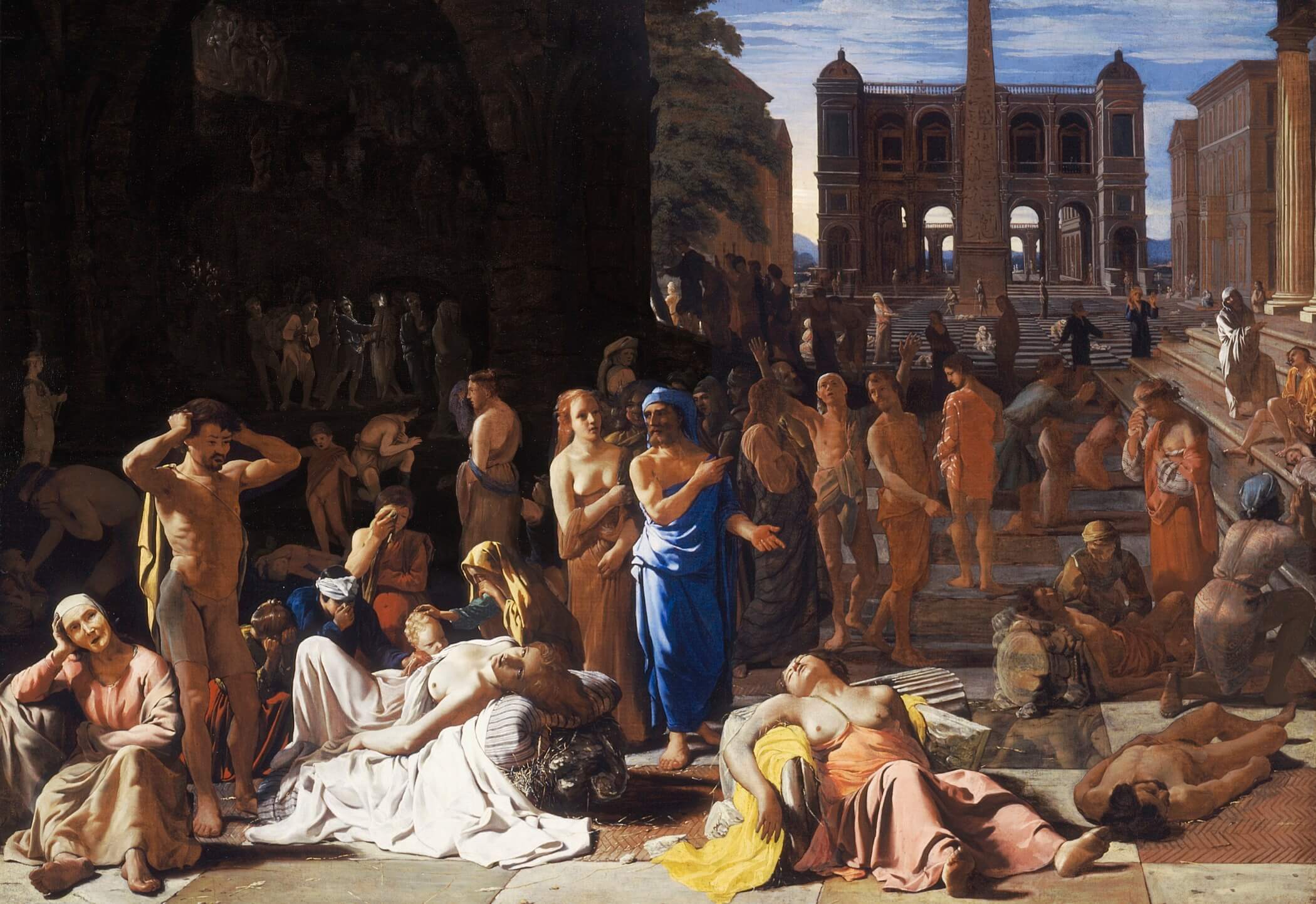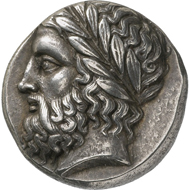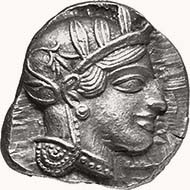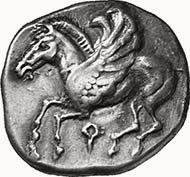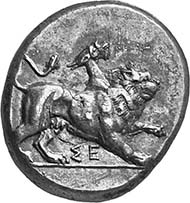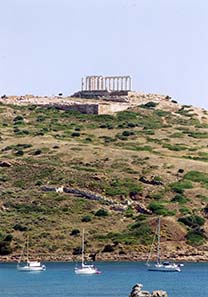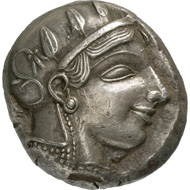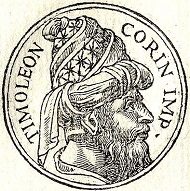The Paradox of Thucydides. What Antiquity Teaches Us About Covid-19
We should all read Thucydides says historian Marek Węcowski. Because the Greek historiographer described meticulously the social consequences of an epidemic in his own time. Thus we may anticipate the most urgent tasks to tackle after Covid-19.







